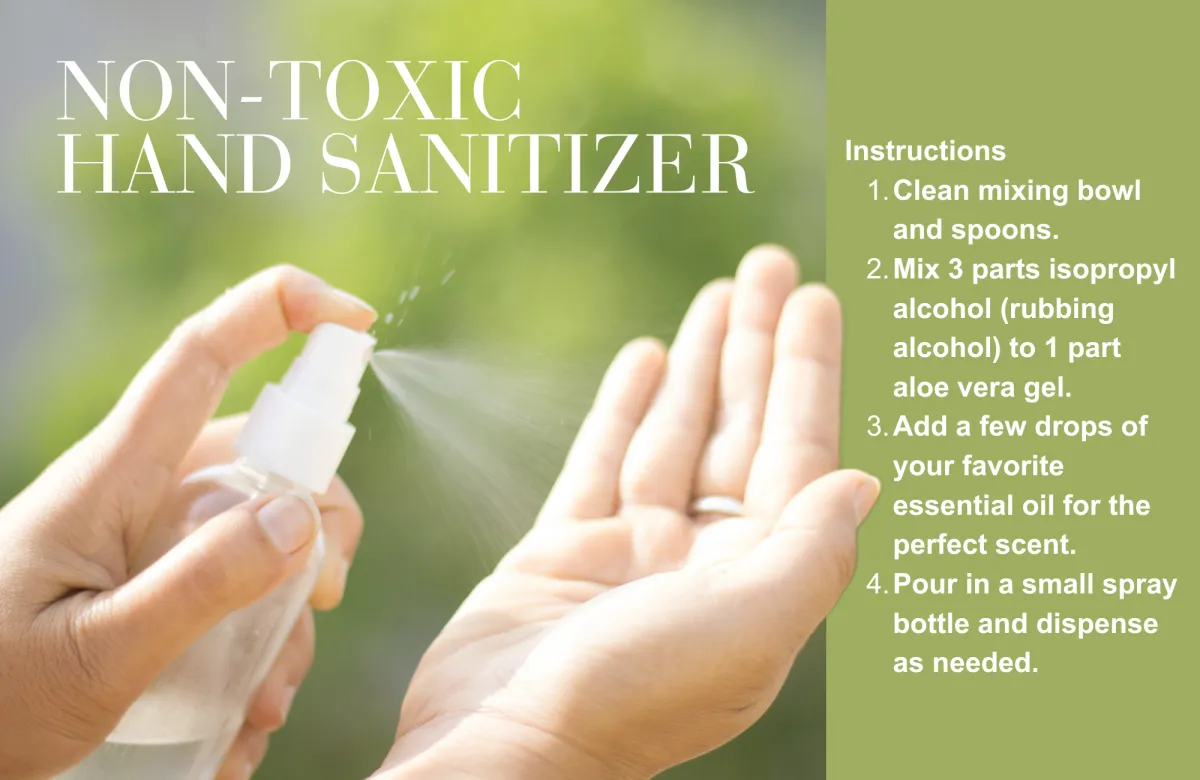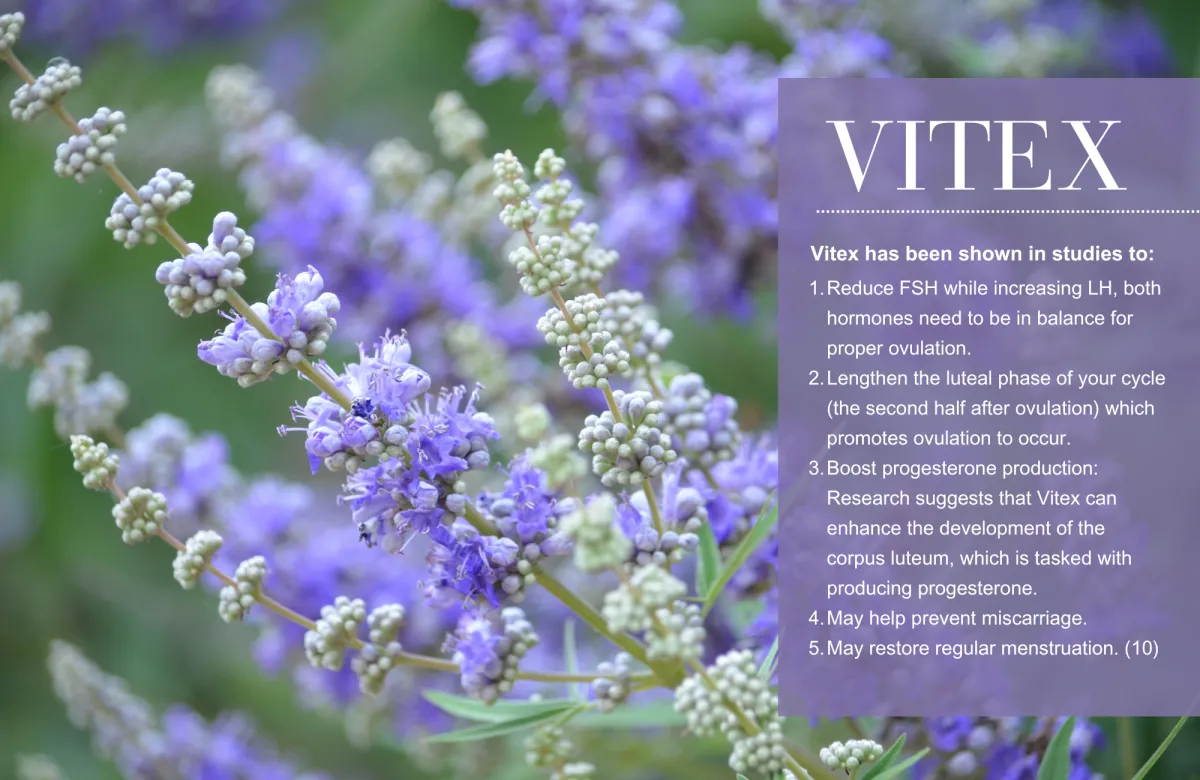
Fertile Ground:
How to Stimulate Ovulation Naturally

Lifestyle factors impair or improve ovulation.
Reducing stress can be a major tool for stimulating your ovulation naturally.
Optimum fertility requires knowing if you are ovulating so your chances of conception are higher and you can successfully time your conception. It is not uncommon to notice inconsistent ovulation or even anovulation- ovulation that is absent- but do not despair, there are ways to work with your body to help support the reproductive cycle and stimulate ovulation. It is becoming more evident that lifestyle factors impair or improve ovulation and thus awareness of how to support ovulation naturally is increasing. Ovulation is orchestrated by a conversation that happens between the hypothalamus, the anterior pituitary and the ovaries. This conversation is like a hormonal feedback loop.
This orchestra is easily disturbed in some women due to lack of sufficient nutrition, chronic psychological stress, too much or too little exercise, chemical exposure and factors that interfere with good sleep and blood sugar dysregulation. If you are wondering how to boost your ovulation naturally, start here:

Stress Management to Improve Ovulation
We are often stressed and don’t even realize it and thus stress has become synonymous with life. This can create hormonal havoc and can interfere with ovulation and fertility. When patients are stressed this disrupts normal function of the hypothalamic pituitary axis (HPA)- the part of the endocrine system that communicates with the ovaries and influences hormone balance and menstruation. Stress increases cortisol- the main hormone made by the adrenal glands and cortisol is made from progesterone. The continued secretion of cortisol requires that we rely on progesterone as a substrate to make cortisol. Over time we will deplete our stores of progesterone and make it difficult to make the correct amount. Low serum levels of progesterone are associated with a reduction of ovulation in infertile women with regular menstrual cycles and women with unexplained infertility. (1) So if you are questioning why you are not ovulating, consider an honest assessment of your levels of stress. Reducing stress can be a major tool for stimulating ovulation naturally.
Moderate Exercise to Stimulate Healthy Ovulation


Too much of a good thing can negatively impact your reproductive cycle and ovulation– both can be affected by over-exercising. It has been demonstrated in studies that heavy exercisers (>60 min per day) are more likely to experience anovulation- the absence of ovulation during their menstrual cycles. Heavy exercise impacts ovulation by increasing the HPA axis (Hypothalamic Pituitary Axis), affecting adrenal health, increasing an energy deficit and low production of hormones. (2) Moderate physical activity (30-60 mins/day) has been shown to improve all aspects of the female reproductive system through improvements in insulin resistance, PCOS, androgen/testosterone levels and restoration of adrenal health, restoration of regular ovulation. (3) Moderate exercise is also supportive of adrenal health and once your adrenal glands are regularly supported, they will better perform with hormone production.
Avoid Smoking to Boost Conception
It is no surprise that smoking is bad for your lungs but does it impact your menstrual cycle and possibility of conception? There are studies that show that exposure to cigarette smoke through second hand smoke or smoking impairs the actual transport of ovulated eggs from the ovary through the oviduct- the “highway” that transports the egg for fertilization in the uterus. This oviduct is targeted by smoke and other toxicants and when exposed has a reduced ability to deliver the egg to the uterus for fertilization. (4) The oviduct is actually targeted by chemicals in cigarette smoke, increasing the risk of infertility. If you are trying to improve your chances for fertilization, avoid secondhand smoke as well as direct cigarette smoke.
Find cosmetics that are fragrance paraben and phthalate-free.

Chemical Exposure and Ovulation: Tips for Healthy Ovulation
Avoiding chemical exposures is nearly impossible and yet it is becoming more and more clear in the medical literature that one of the direct targets of chemicals- specifically endocrine disrupting chemicals (EDCs)- is the reproductive system, specifically the ovary. (5) Ovulation defects are the leading cause of infertility in women and exposure to chemicals is standing out as one of the main causes for these defects.
Phthalates (found in fragrances)
Bisphenols (found in plastics)
Flame retardants (found on clothing and furniture)
Parabens (found in cosmetics and body care products)
Triclosan (found in hand sanitizer)

The medical literature confirms that exposure to these chemicals is associated with impaired fertility and IVF outcomes (decreased egg yield, pregnancies, and births). Medical literature also demonstrates that with EDC exposure, there are fewer ovarian follicles, altered hormone levels, and impaired ovulatory function. (6) Women who are not ovulating or are unsure why they are not conceiving, could consider evaluating the day to day exposure of the chemicals that are linked with ovulation issues:
Find cosmetics that are fragrance paraben and phthalate-free.
Search for personal care products that do not have these chemicals in them.
Begin to replace the products around your home with fragrance free products such as laundry detergent, household cleaners, candles, scented air fresheners.
Utilize resources such as EWG.org to find safe products, the Yuka App (that helps you find products that are safe and chemical free), Made Safe (the only human health and ecosystem-focused product certification program).

Dietary Tips to Boost Healthy Ovulation

Antioxidants are your primary protectors against any oxidative damage that you encounter. We encounter oxidative exposures through radiation (EMFs, X-rays, cell phone and computer use), through chemicals in our environment (plastics, fragrances, pesticides), through poor nutrition and stress. (7) Oxidative damage is widespread throughout the body but with respect to reproduction, oxidation reduces healthy cell function, and causes DNA damage to the ovary and eggs contained within it. (8) When we do not have sufficient antioxidants in our diet or daily routine, we will experience oxidation in our tissues and cells. Antioxidants are your protection against oxidation and this is why a healthy diet is often recommended for healthy reproduction among other benefits. Antioxidants are found in foods that are colorful. Embrace the wonders of an organic diet rich in antioxidants: dark red cabbage, green spinach, orange carrots, red strawberries, purple beets and yellow turmeric. Eating 7-9 servings of foods high in antioxidants can be very protective against oxidation and is an important step toward healthy ovulation.
Embrace the wonders of an organic diet rich in antioxidants



Consider Herbs to Boost Ovulation Naturally:
While the above suggestions are lifestyle related changes that will take some time to implement and see the effects of, adding herbal therapies to support ovarian health and ovarian function can result in improved ovulation more quickly. Herbal therapies have been used for centuries to support reproductive health and have been shown to promote regular ovulation such as Vitex**.
Vitex (Vitex Agnus Castus): Both contemporary clinical investigations and historical usage have revealed its efficacy in promoting hormonal balance related to fertility. Its hormone-free composition allows for a supportive, mild, and indirect influence on the body. Consequently, Vitex stands out as one of the foremost fertility herbs known for its utility.Vitex has a supporting and regulating effect upon the pituitary gland. The pituitary is known as the “master gland” because it controls many vital bodily functions such as sending chemical signals to the ovaries, telling them what quantity of hormones to make. (9)
**If you are deciding to use herbs before, during or after pregnancy, consult with an herbalist or naturopathic doctor for guidance and supervision.

REFERENCES
2) Effects of Physical Exercise on the Female Reproductive System. PMID: 24126551.
3) Effect of Exercise on Ovulation: A Systematic Review. PMID: 28035585.
4) Smoking and reproduction: the oviduct as a target of cigarette smoke. PMID: 161911965).
7) Oxidative stress and ovarian function. PMID: 360506968).
8) Dietary intake of antioxidants. PMID: 376007179).
10) In Hobbs, C. Vitex The Women’s Herb. Summertown, Tennessee: Healthy Living Publications. pp.57-60.

Hi, I am Dr. Mary Shackelton, Naturopathic Doctor, who practices integrative medicine with an emphasis on women’s health.
My current focus is on Environmental Medicine and the conditions that are associated with toxic exposures: auto-immune diseases, fatigue, cognitive decline, hormone imbalances, mitochondrial dysfunction, and neurologic conditions.
Schedule your one-on-one consultation to help you lay a strong foundation for successfully conceiving and to help you build an internal terrain that is capable of creating a vital child.


ARE YOU STRUGGLING WITH FERTILITY?
CLICK BELOW TO LEARN MORE
I can help you remove obstacles to healthy conception
2024 maryshackelton.com | All Rights Reserved | Privacy Policy | Terms & Conditions
Materials on this website are provided for informational or educational purposes only, and are not intended as a substitute for the advice of your physician or healthcare professional.
Always consult with your physician or healthcare professional before embarking on any options offered here on this website.



